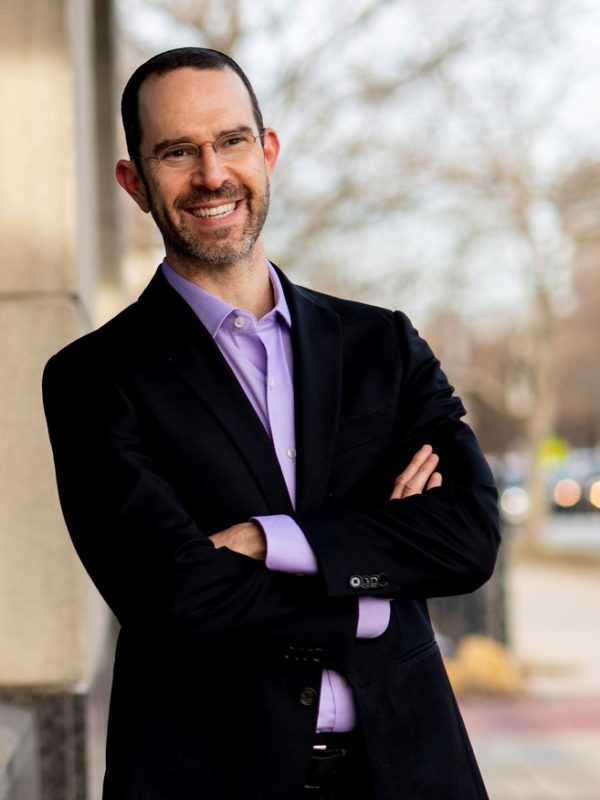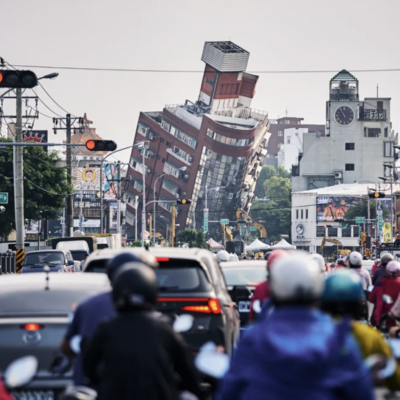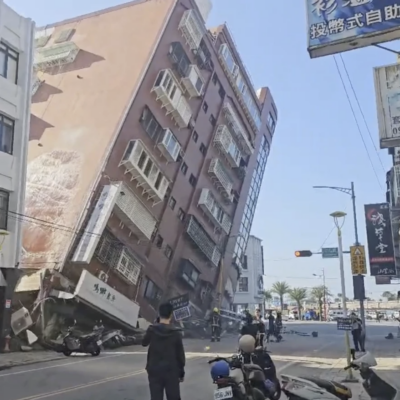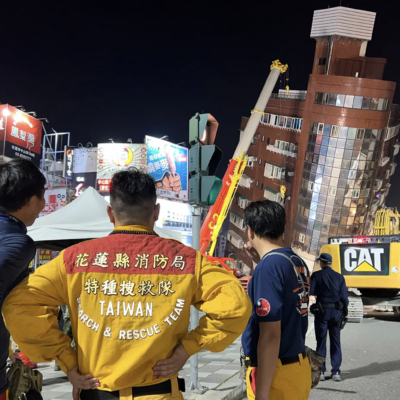Daniel Aldrich

Professor, Political Science and Public Policy; Director of the Resiliences Studies Program; Co-Director of the Global Resilience Institute
An award winning author, Aldrich has published five books including Building Resilience and Black Wave, more than 95 peer-reviewed articles, and written op-eds for the New York Times, CNN, HuffPost, and many other media outlets. He has spent more than 5 years in India, Japan, and Africa carrying out fieldwork and his work has been funded by the Fulbright Foundation, the National Science Foundation, the Abe Foundation, the Rasmussen Foundation, and the Japan Foundation, among other institutions.
- TIER 1 NEU Award, 2019-2020
- Fulbright Specialist Award, 2018-2021
- NSF Engineering Research Center for Socio-Physical Extreme Event Resilience, 2018
- Pasona Alumnus of the Year, 2018
- Global Resilience Institute Seed Grant, 2017
- Mellon Grand Challenge Exploratory Award, 2014
- Rachel Carson Center Fellowship (Munich), 2014 (declined)
- Kinley Trust Fellowship, 2014
- University Faculty Scholar, Purdue University, 2012-2015
- East Asia Institute Fellowship (China), 2012-2013
- Fulbright Research Fellowship (Japan), 2012-2013
- Best Paper Award, APSA Public Policy Section, 2012
- Frontiers in Development Essay Contest Winner, USAID, 2012
- American Association for the Advancement of Science (AAAS) Fellowship, 2011-2012
- US Embassy (Tokyo) Speaker Program, Summer 2011
- Daniel P. Aldrich Oasis of resilience? An empirical investigation of rain water harvesting systems in a high poverty, peripheral community. Economics of Disasters and Climate Change (4) 129–144 2020 with Courtney Tan
- Capturing Bonding, Bridging, and Linking Social Capital through Publicly Available Data. Risks, Hazards, and Crises in Public Policy 11(1): 61-86 with Dean Kyne 2020
- Challenges to Coordination: Understanding Intergovernmental Friction during Disasters. International Journal of Disaster Risk Science 10: 306–316 2019
- Substitute or Complement? How Social Capital, Age, and Socioeconomic Status Interacted to Impact Mortality in Japan’s 3/11 Tsunami. Social Science and Medicine: Population Health Vol 7 2019 with Maoxin Ye
- East Asia’s Nuclear Policies: Fukushima Effect or Nuclear Renaissance? Georgetown Journal of Asian Affairs 4(2): 58-65 2019 with Tim Fraser
- A Janus Faced Resource: Social Capital and Resilience Trade Offs International Risk Governance Council Resource Guide 2: 1-7 2018 with Courtney Page-Tan and Tim Fraser
- How Social Ties Influence Hurricane Evacuation Behavior, Computer Supported Cooperative Work and Social Computing 2(122): 1-16 2018 with Danae Metaxa-Kakavouli and Paige Maas
- Engineering meets institutions: An interdisciplinary approach to management of resilience, Environmental Systems and Decisions 38: 306-317 2018
- International Federation of Landscape Architects AAPME Jury Member, 2020 Founding member, College of Reviewers, NSF Growing Convergence Research (GCR), 2020+
- New England Aquarium Adviser, 2018-2020
- Boston Research and Evaluation Collaborative, 2016-2018
- Transportation Review Board, Standing Comm. on Critical Infrastructure Protection, 2017-2020
- Chair, Elinor Ostrom Award, STEP Section, APSA, 2017
- Fulbright Regional Reviewer, East Asia, 2015-2018
- Coastal Protection and Restoration Authority Advisory Group, State of Louisiana, 2014-2017
- Community Health Resilience Working Group, National Biodefense Science Board, 2013-15
-
Education
PhD, Harvard University
-
Contact
-
Address
215H Renaissance Park
360 Huntington Avenue
Boston, MA 02115 -
Office Hours
TBA
-
Dialogues
-
Associations
Related Stories

Resilient Cities
POLS / PPUA 7346
This class prepares students to understand the characteristics of resilient cities, especially those in coastal regions. We’ll investigate the concept of resilience in social and ecological systems and work through classical works on cities and social systems. Our focus will be on four extended case studies of the 1923 Tokyo earthquake, the 1995 Kobe earthquake, the 2004 Indian Ocean tsunami, and the 2005 Hurricane Katrina. By the end of the course students will work to write their own qualitative and quantitative analysis of an urban area along with recommendations for improving its resilience. Through readings, research, class discussion, and lectures, students will be able to identify and measure resilience in cities.


















